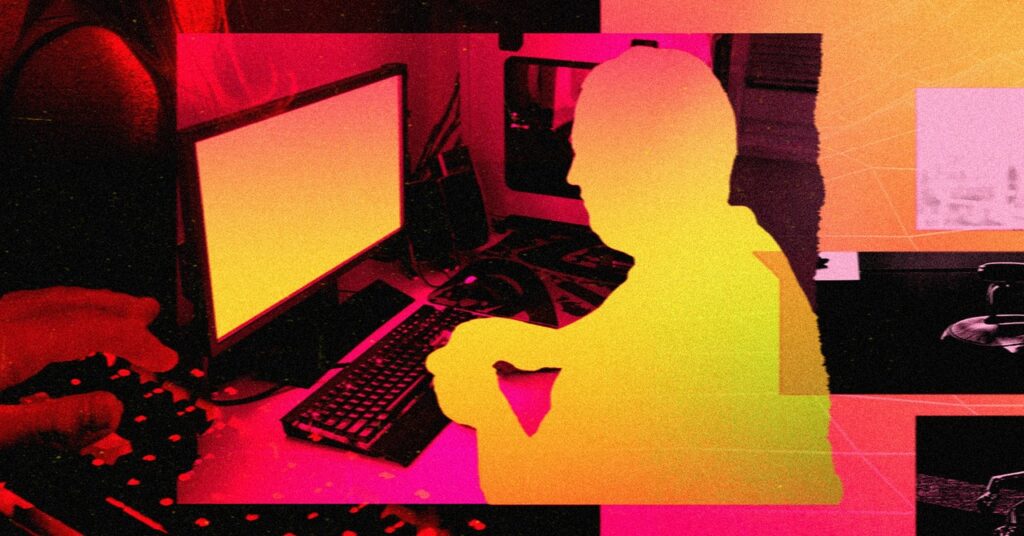As ReSpec has discovered, accountability is a hard journey to take alone. “We’ve had these conversations many times: people want to change, but they don’t know if or how they can,” Lin says. “It seemed like there was a key understanding missing to actually change their behavior, move forward, and grow.”
It's hard enough for a victim to disclose just one abuser. Victims may not come forward for a variety of reasons, including safety, legal concerns, and procedural difficulties. And removing one perpetrator doesn't erase the culture, systems, and choices that led them there. It doesn't even always prevent the perpetrator from continuing their abuse elsewhere.
Part of ReSpec's programming relies on its community: monthly virtual meetings where participants can come together to talk and share their experiences, similar to other support groups. The program isn't limited to one country or continent and is open to anyone in the program, though currently only English speakers can attend. “We primarily provide a space for participants to connect with each other and offer advice about how harassment and abuse happens,” Lin says.
The key is not to condone or ignore what they did. “It's a really careful balance to walk,” Lynn adds. “What you're going through matters. We believe you. What you did was not okay. If that's what you believe, we're here to talk to you about how you want to change it.”
This group do not have It's not a way to connect abusers with victims, force an apology, or provide public evidence of “rehabilitation.” There's no formal program. There's no six-month plan where everyone gets a badge at the end.
Lin understands that ReSpec's mission may seem contradictory or controversial to some, as it has pivoted from a victim-centered hotline to perpetrator support. They equate it with community work focused on violence prevention. ReSpec has never outright rejected anyone, but the act of community involvement requires effort for those who participate. The nonprofit has held 25 group sessions since its founding. Lin says they and co-facilitator Carl Murray Olsen have held 57 individual meetings.
Jonathan had previously met Lin through his gaming buddies and first told him about ReSpec around the time it was released. He's been working on the program ever since, but feels his goal is a lifelong one. “It's really hard,” he says. “It's not something you can just pay lip service to. It takes a lot of hard work to really understand yourself, understand your actions, understand your motivations, understand how you got into a situation where your actions didn't align with your values, and really come to terms with it to the point where you can evolve beyond that.”
He doesn't have a clear idea of who should be able to return to work, or what that means. “I think it's important that you work hard to improve yourself,” he says. Harm isn't just about someone's actions, but also about how people continue to show up in the spaces where you've harmed them. “It's not worth it to potentially harm those people again by being in those spaces or speaking up,” he says. “I think it's part of owning up to your actions and taking responsibility for what you've done. You have to accept the consequences.”
ReSpec isn't just a badge to put on a resume, nor is it a guarantee of change. It's a step in a process to make the gaming industry safer. “We've heard a lot of victims say, 'I don't want this person to hurt other people,'” Lin says. They believe that's one of the reasons victims come forward or write calls for action. But when it comes to the education, explanations, and all the work that follows, “we want to shoulder some of that work,” Lin says. “Victims shouldn't be asked to patiently explain things.”


